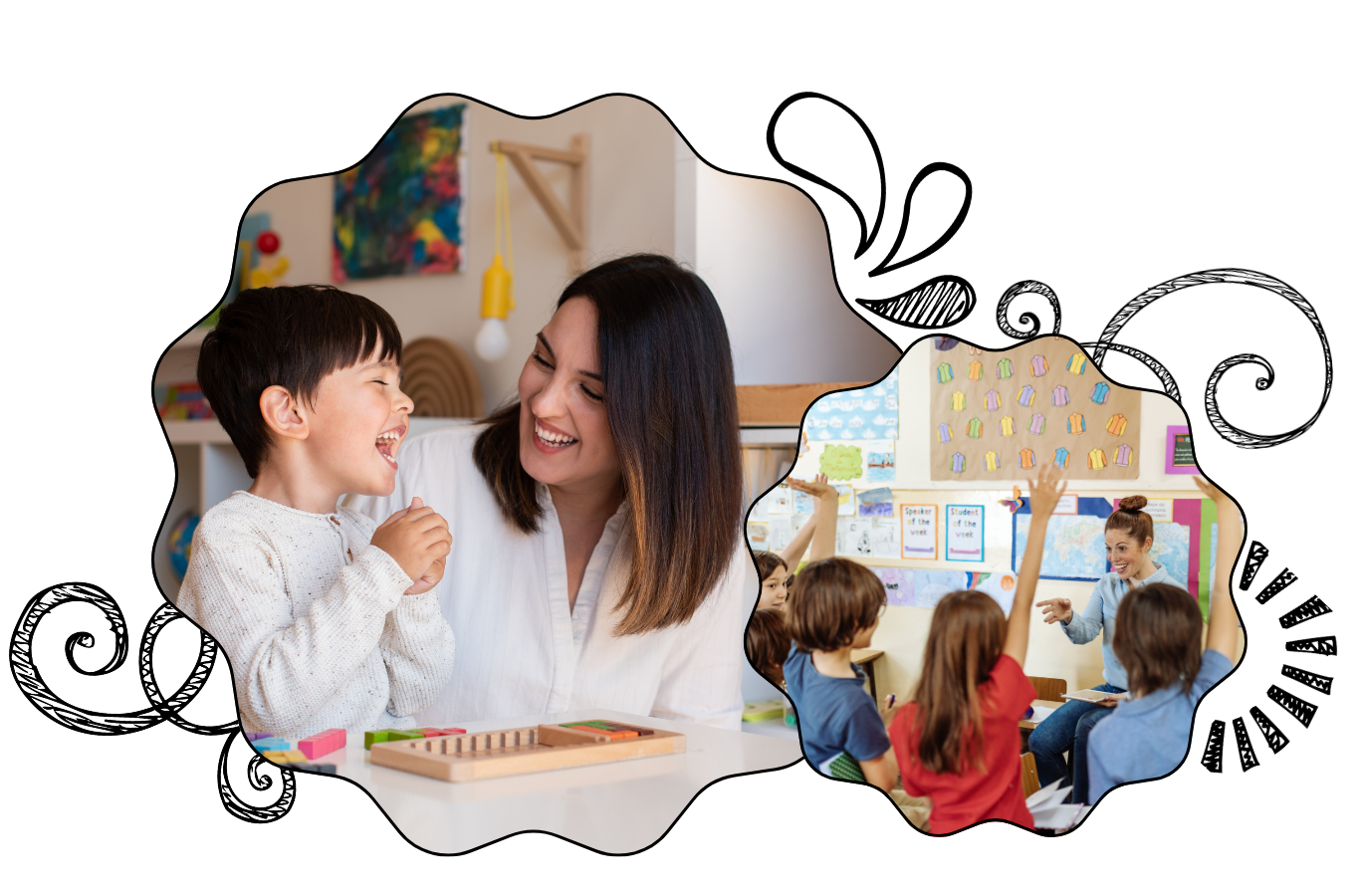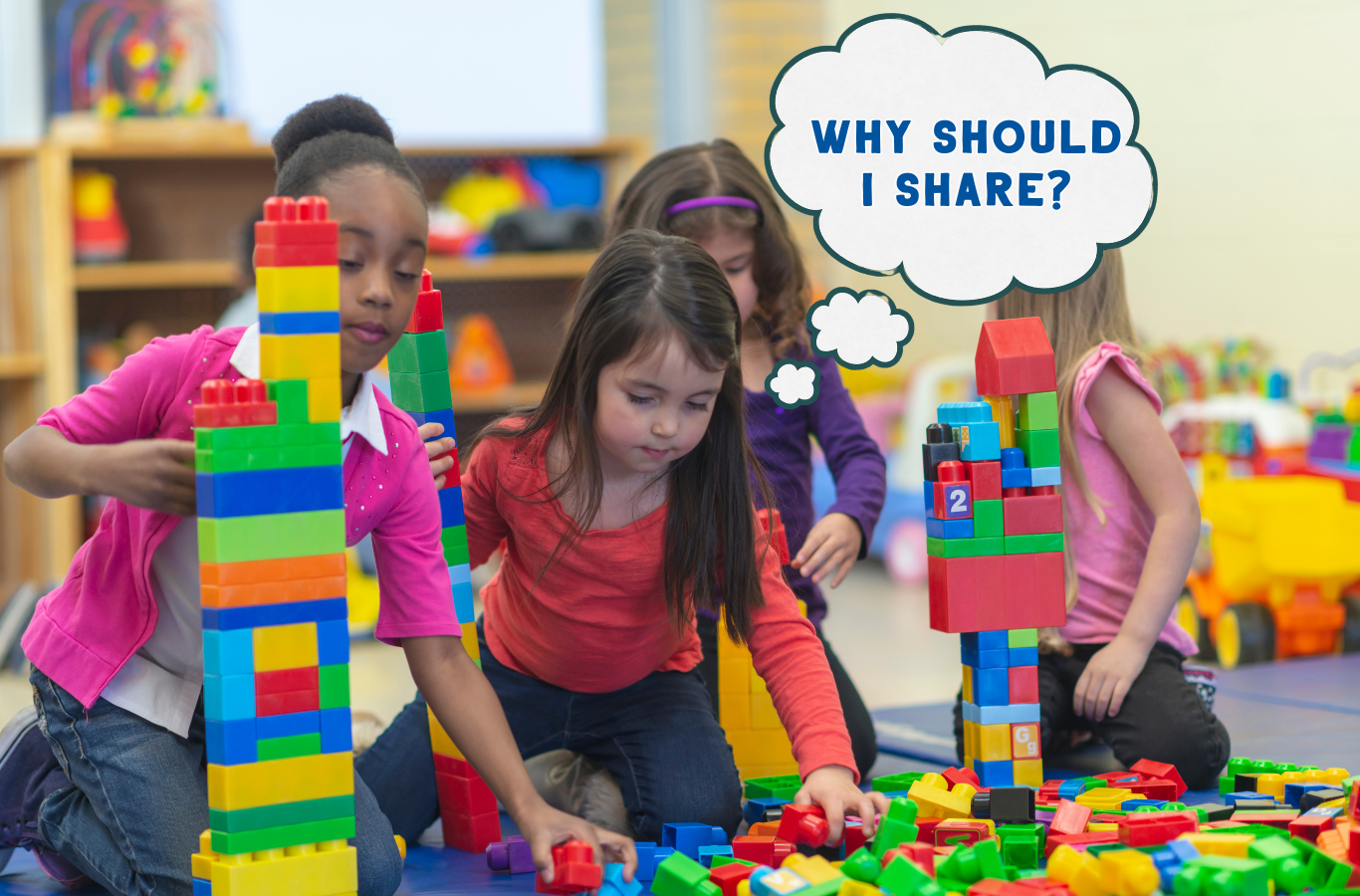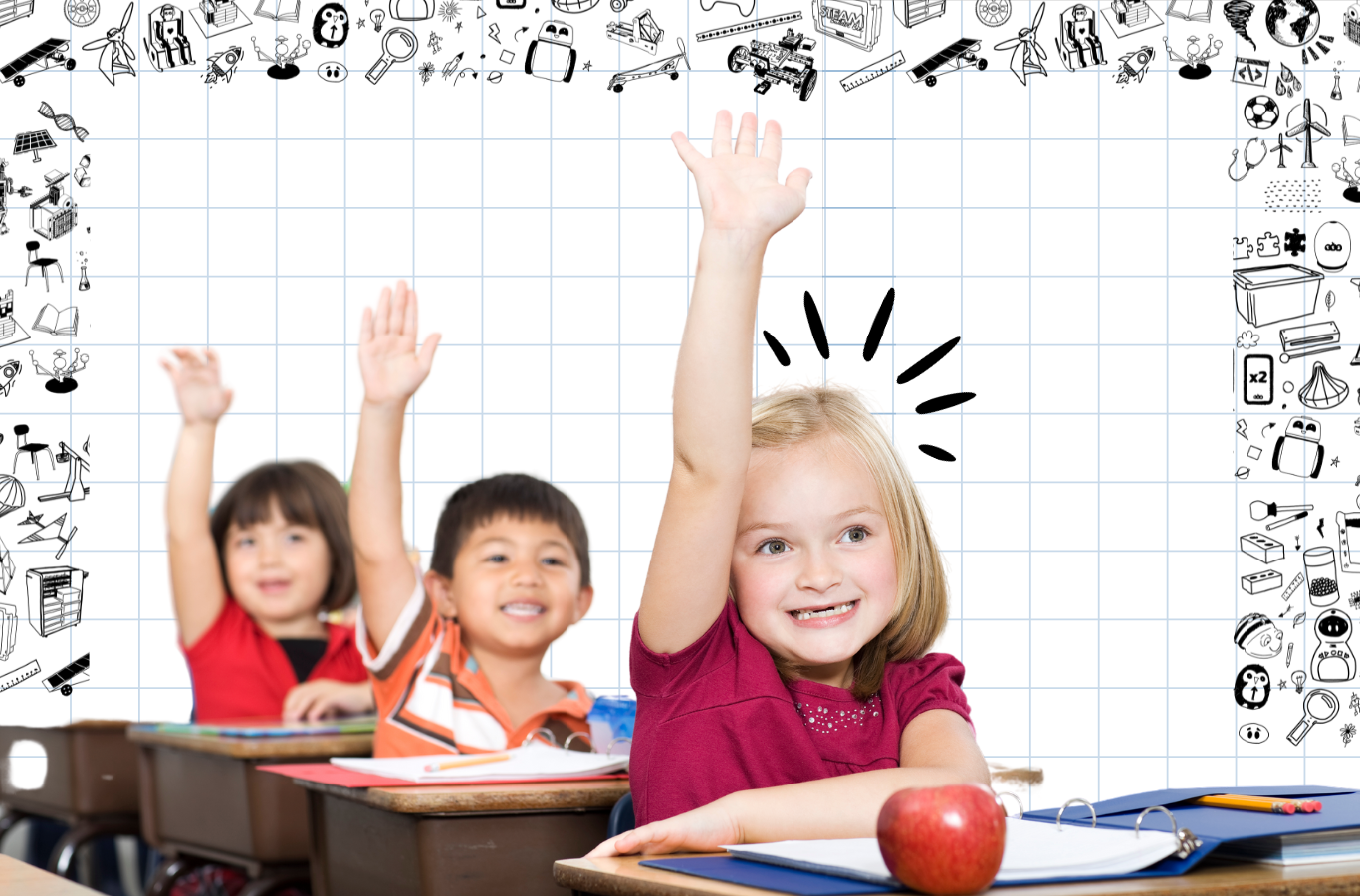In the vibrant time of childhood, there exists an extraordinary canvas waiting to be painted with the colors of curiosity, wonder, and boundless imagination! It’s the duty of parents and educators alike to help little learners find their way and discover all the amazing experiences the world of education has to offer. It can be difficult to know where to start and how to move forward though. So, let us help pave the way for successful preschool education!
But, why is early childhood education important?

Promotes Positive Brain Development
Early childhood is a critical period of development for young learners. With rapid growth and synaptic connections forming, quality education is vital in providing specific stimulation for the brain development. Effective early childhood education can enhance cognitive skills such as problem-solving, critical thinking, and language acquisition.
A great example of how early childhood education affects brain development is interactive storytelling. Using this activity, a teacher can engage children during a story and encourage them to participate by asking questions, making predictions, and having them use their imaginations for the reasoning behind events that occurred in the story. This activity stimulates areas of the brain responsible for language development, critical thinking, and social-emotional skills.
 Provides Opportunities for Socialization
Provides Opportunities for Socialization
Another reason early education is important for learners is introduction to socialization. It provides opportunities for children to interact with their peers and adults outside their own family or home. This helps to foster skills such as sharing, cooperation, and empathy. These skills become vital later in life for developing healthy, lasting relationships.This form of early socialization lays the foundation for essential interpersonal skills that’ll be used as the learner grows.
A great example of developing these skills is cooperative play activities such as participating in group games. This teaches young learners valuable lessons in sharing, taking turns, and collaborating and greatly contributes to the growth of emotional regulation skills. Being exposed to these situations early on also aids students in learning to navigate social cues and understand different perspectives of others.
 Helps to Prepare with School Readiness
Helps to Prepare with School Readiness
Students who attend quality early education are better prepared for school, with effective early literacy and numeric skills as well as more independence and confidence. Acquiring these skills aids in setting them on the path to academic success.
For example, participation in high-quality early education programs that emphasize language, interactive storytelling, and early literacy can lead to kids’ comprehension of vocabulary and maximize overall academic achievement.
Creates Positive Long-term Outcomes
Establishing a strong early education environment can create positive long-term outcomes for students. The three previous examples come together to create a positive long-term outcome for all young learners. By creating a nurturing and supportive environment educators and parents alike can prepare their young learners to be successful in society.
Early childhood education serves as the cornerstone for igniting curiosity and fostering holistic development in young learners. By providing stimulating and engaging activities, we can unlock the boundless potential within each child! From promoting positive brain development through interactive storytelling to nurturing essential socialization skills through cooperative play, early education sets the stage for lifelong learning and success. Get inspired today on how you can give your students an effective early childhood education with Pitsco’s Early Childhood digital catalog.
MORE RESOURCES:
- Top 10 Reasons for STEM in Early Childhood Education
- 7 Ways Early Childhood Educators Impact Children’s Social Development
- Center on the Developing Child – Key Concepts
- Early Childhood: What We Know, and What’s Possible
- The Science of Early Childhood Development
- The Benefits of Enrolling Your Child in Early Education Programs

